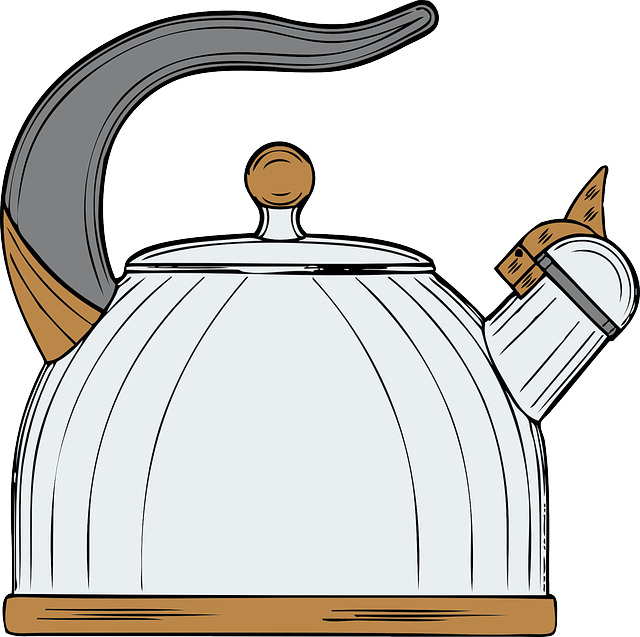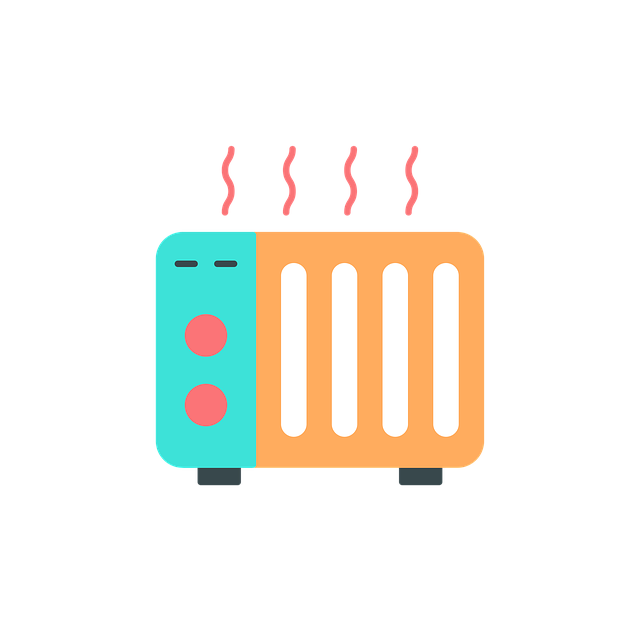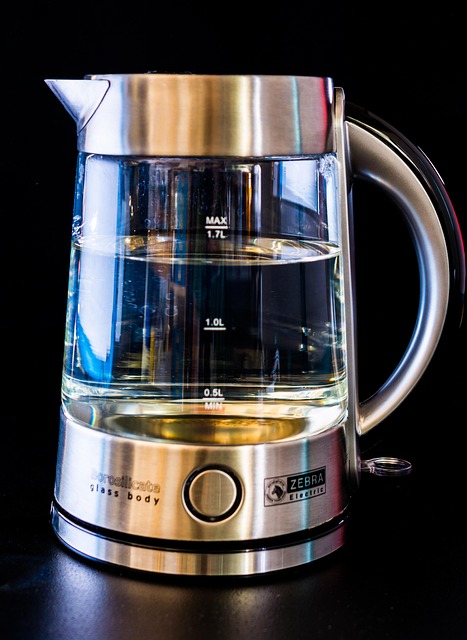Homeowners should pay attention to early warning signs indicating the need for a new water heater, such as insufficient hot water, unusual noises (banging, rumbling), prolonged heating times, increased energy bills, and external rust or corrosion. These signals suggest potential issues like sediment buildup, worn-out internal components, and decreased efficiency, emphasizing the importance of regular maintenance to avoid unexpected breakdowns, disruptions, and higher costs. Ignoring these signs can lead to costly repairs and safety risks, making proactive monitoring and professional assessment crucial for a reliable hot water supply through new heater installation.
Are you on the fence about whether to repair or replace your aging water heater? Look no further! This article is your guide to recognizing the subtle signs that indicate your water heater’s impending demise. From unusual noises and leaks to inefficiencies and age, we’ll help you identify common issues. We’ll also walk you through the process of replacing it, offering insights on energy-efficient models, cost comparisons, and safety tips for a seamless transition. Discover when it’s time to say goodbye to your old heater and embrace the benefits of a new one.
- Identifying Common Water Heater Issues
- – Anomalies in hot water supply
- – Unusual noises coming from the heater
Identifying Common Water Heater Issues

Many homeowners take their water heaters for granted until they stop working, often unexpectedly. Identifying common issues early on can help prevent unexpected breakdowns and save you from cold showers. One of the first signs that your water heater might be reaching the end of its lifespan is a lack of hot water or water that only partially heats up. This could indicate problems with the heating element, which may need to be replaced. Another red flag is an unusual noise coming from the tank, such as banging or rumbling sounds, suggesting potential issues with sediment buildup or internal components.
Over time, water heaters can lose their efficiency, leading to longer wait times for hot water and higher energy bills. If your heater takes forever to heat up the water or if you notice a significant increase in energy consumption, it might be a sign that the tank or heating element needs to be replaced. Keep an eye out for signs of rust or corrosion on the exterior of the tank as well, which can lead to leaks and indicate a failing system.
– Anomalies in hot water supply

If you’ve noticed a sudden and unexplained drop in water temperature, or hot water only comes through intermittently, it could be a red flag. Anomalies in your hot water supply are often indicative of issues within your water heater. As water heaters age, their efficiency declines, leading to insufficient heating capabilities. This may result in longer wait times for hot water or a noticeable difference in temperature consistency throughout the day.
Keep an eye out for any unusual noises coming from your water heater as well. Noises like banging, booming, or hissing could signal potential problems, such as sediment buildup or corroded parts. These issues can cause pressure to build up inside the tank, leading to unexpected outbursts of hot water or even potential leaks. If you experience any of these signs, it’s a clear indication that your water heater might be reaching the end of its lifespan and needs to be replaced.
– Unusual noises coming from the heater

Unusual noises coming from your water heater can be an early sign that it’s on its last legs. As with any mechanical device, a water heater will eventually wear out and start to show signs of distress. Listen for clanging, banging, or whistling sounds, which could indicate loose connections, worn-out parts, or even corrosion inside the tank. These noises are often an indicator that internal components, like heating elements or pipes, are failing or not properly aligned.
If you hear these unusual sounds, it’s a clear signal that your water heater is experiencing problems and may require immediate attention. Neglecting these signs could lead to more severe issues and costly repairs, or even pose safety risks due to potential leaks or explosions. It’s wise to have a professional assess the situation and, if necessary, recommend and install a new water heater—a crucial step in ensuring a reliable and safe hot water supply for your home.
If you’ve noticed unusual hot water supply anomalies or strange noises from your water heater, it might be time to consider these as signs you need a new water heater. Regular maintenance can often address minor issues, but persistent problems could indicate a unit on its last legs. By heeding these warning signs, you can proactively prevent a cold shower surprise and ensure your home stays comfortable all year round. Don’t wait until the heat is out—act now to find the best replacement for your needs.
